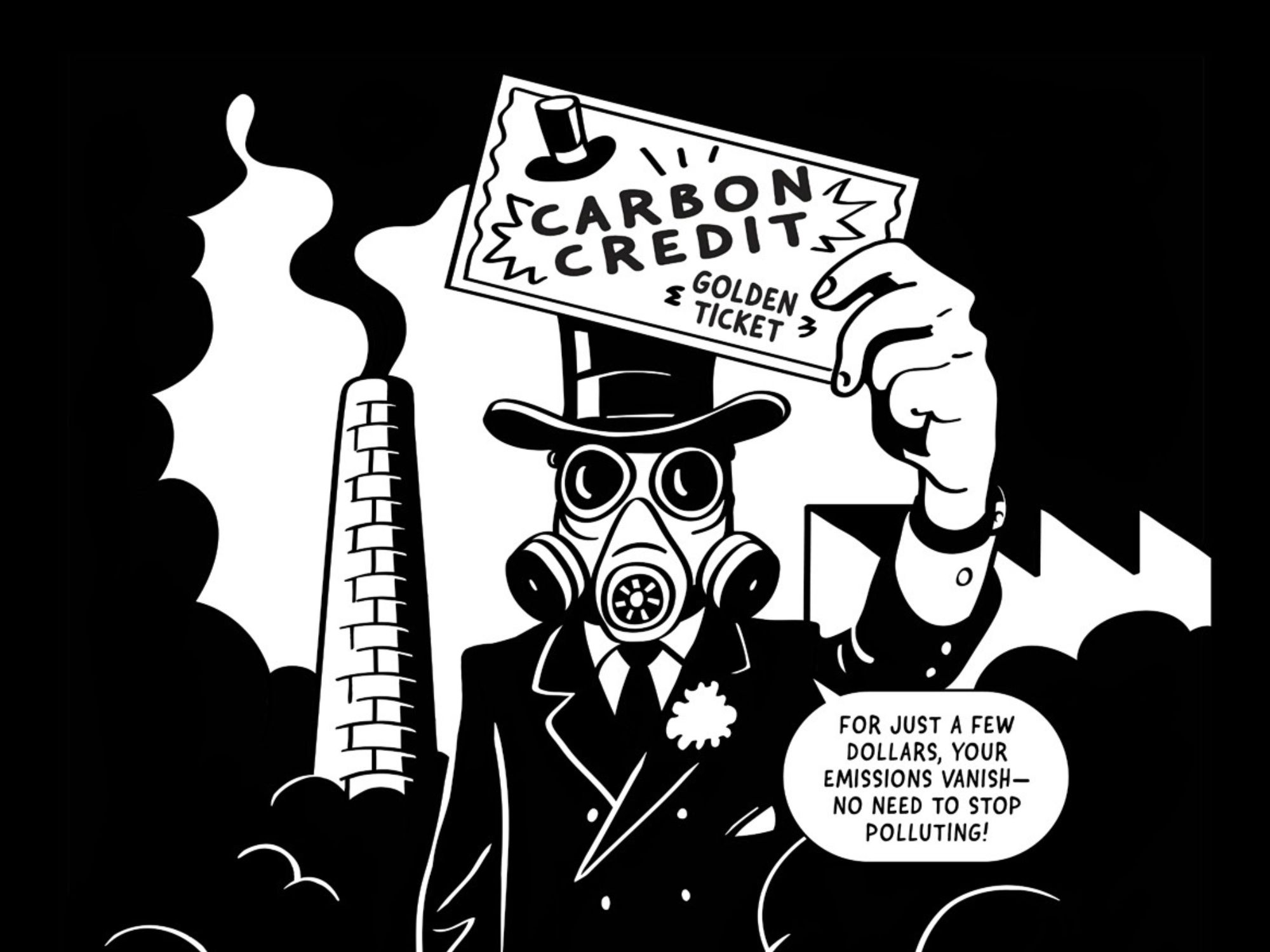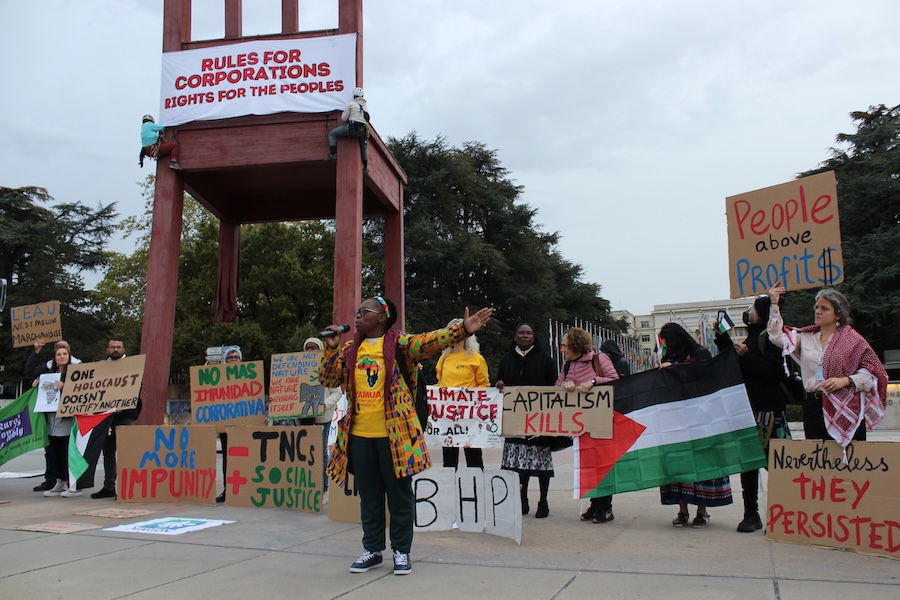Across regions, our members identify corporate impunity and corporate capture as key issues affecting their communities. The lack of corporate accountability and the continued corporate capture of decision-making in our governments and institutions corresponds with a capitalist system that prioritizes profit over people and the planet. This system is deeply intertwined with structures of oppression such as patriarchy, racism, and long histories of colonialism and imperialism. These structures have been further intensified by skewed State-led development agendas that focus on creating “business-friendly” environments without implementing strong regulatory, standard-setting, and institutional frameworks to ensure corporate accountability.
Communities that are impoverished, marginalized, and facing occupation or colonialism, are also those overwhelmingly exploited and facing violations by corporate power. For example, the history of colonialism is demonstrated by the atrocities committed against Indigenous Peoples, their lands, and natural resources. Corporate elites, particularly those involved in extractive industries, have been an unrelenting force in the colonial enterprise, reaping the benefits of imperialist endeavors. Today, the impacts of colonialism persist as corporations continue to infringe upon Indigenous Peoples’ rights. There are many parallels in relation to conflict and occupation—driven in many cases by imperialist agendas and a military-industrial complex, corporations have long enjoyed impunity while profiting from business activities that kill people, displace communities, despoil lands, desecrate sacred sites, deplete resources, and destroy livelihoods.
Despite intimidations and threats from corporate actors, communities globally consistently challenge them using various strategies. At the local level, communities resist extractive companies that seek to dispossess them from their ancestral lands; grassroots movements are taking corporations to national, regional, and international courts for violations of their economic, social, cultural, or environmental rights. In international spaces, global coalitions, including ESCR-Net, are urging governments and the UN to exclude big polluters from climate treaty negotiations to prevent conflicts of interest that undermine efforts to address the climate crisis.
In ESCR-Net, we seek to stop corporate impunity – towards justice and reparations. We develop political educational tools highlighting the impact of corporate capture and its manifestations. We illustrate how corporate capture shuts down or weakens laws intended to protect our rights at the multinational level, such as at the United Nations. Our efforts include advancing the UN treaty to regulate corporate power, which aims to establish legally binding frameworks to regulate corporate power and prioritize people and the planet over profit.






